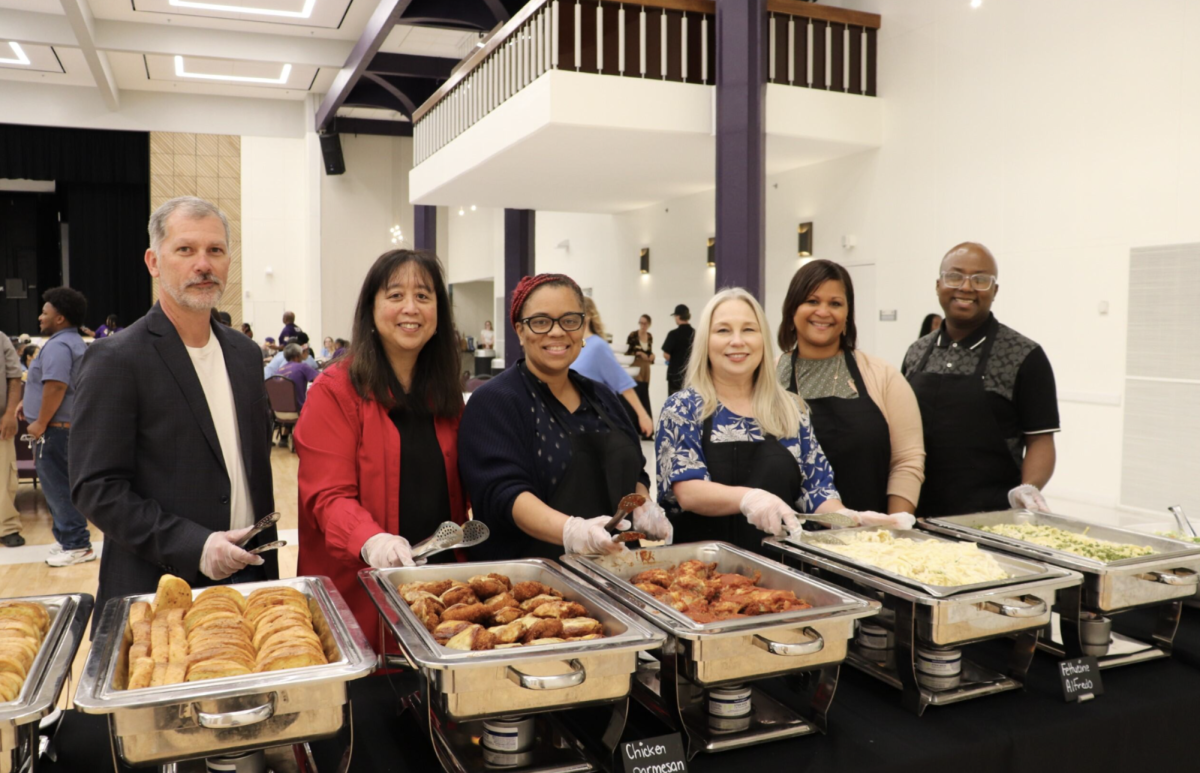Eve Ensler’s 1996 play “The Vagina Monologues” is 17 years old this year — almost old enough to be declared a legal adult.
The social movement spurred by the play, one of proudly embracing the feminine experience, is reaching a critical point. You may recognize this point as what is commonly known as “puberty.”
In 2007, “The Tyra Banks Show” had an episode in which experts explained the female anatomy on a detailed plush vagina model. Banks eventually returned to the subject that brought her so much media attention by featuring women with two vaginas each on an episode two years later.
Although coming off as a bit sensationalist, Banks’ show at least addressed the vagina as an anatomical reality rather than something forbidden to giggle about around a coffee table.
This isn’t to say Ensler’s dream of an empowered feminine consciousness has been realized.
The word “vajayjay” debuted in a 2006 episode of “Grey’s Anatomy,” in which the word vagina was used so many times that the producers began to feel uncomfortable and requested a change of word choice from the writers.
The term spread like wildfire and entered mainstream vocabulary faster than you can say “euphemism.” Oprah even mentioned it several times on her show, declaring it “a nice word.”
At the original staging of “The Vagina Monologues,” the use of the word “vagina” was considered shocking and refreshingly candid. Ensler wanted to present the vagina as the ultimate symbol of female empowerment, so she listed all of the strange and commonly used words for it, along with the anatomical name, with glee.
A mere decade after Ensler’s first performance, the shock value of using playful vagina euphemisms in ordinary context was already being misused and abused by the oppressors of women.
Ensler has said that without using the anatomical name, women are more likely to feel shame, anxiety or discomfort. How else could you interpret the reaction of the “Grey’s Anatomy” producers to what they felt was an overuse of “vagina”?
The fact that Ensler’s use of the anatomical name was considered an empowering move shows that the movement has gone astray of her original message, with antics more exasperating than liberating.
And given more recent events — like the Steubenville rape case, in which the media showed more concern over the futures of young rapists than the physical and psychological damage done to a young woman — it’s time we grow up and start treating the female anatomy with respect, rather than getting queasy and tiptoeing around the issue.
This isn’t just some feminist throwback to 1996. The movement is alive, although misguided and misused in the mainstream. Empowerment is still within reach.
Samantha Bares is a 19-year-old English sophomore from Erath, La.







